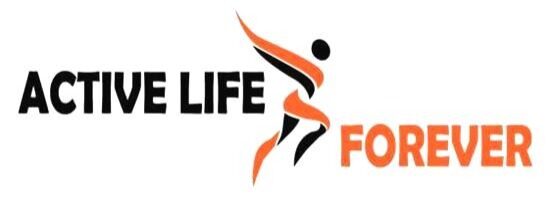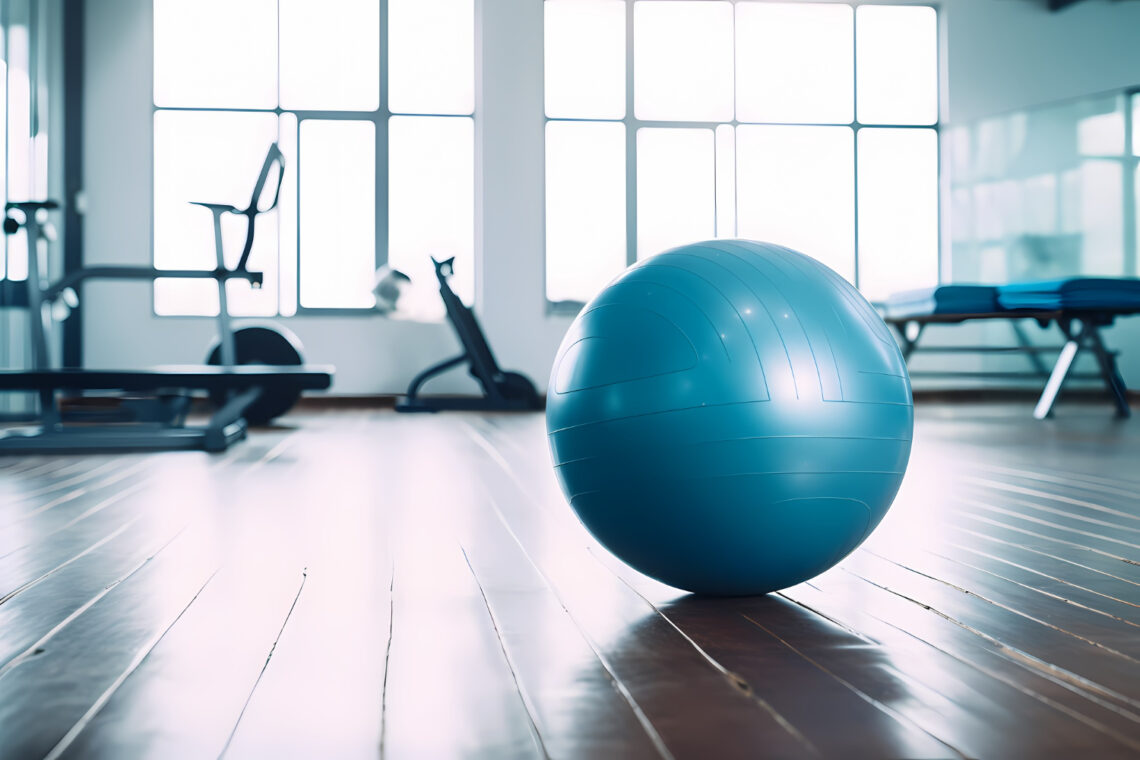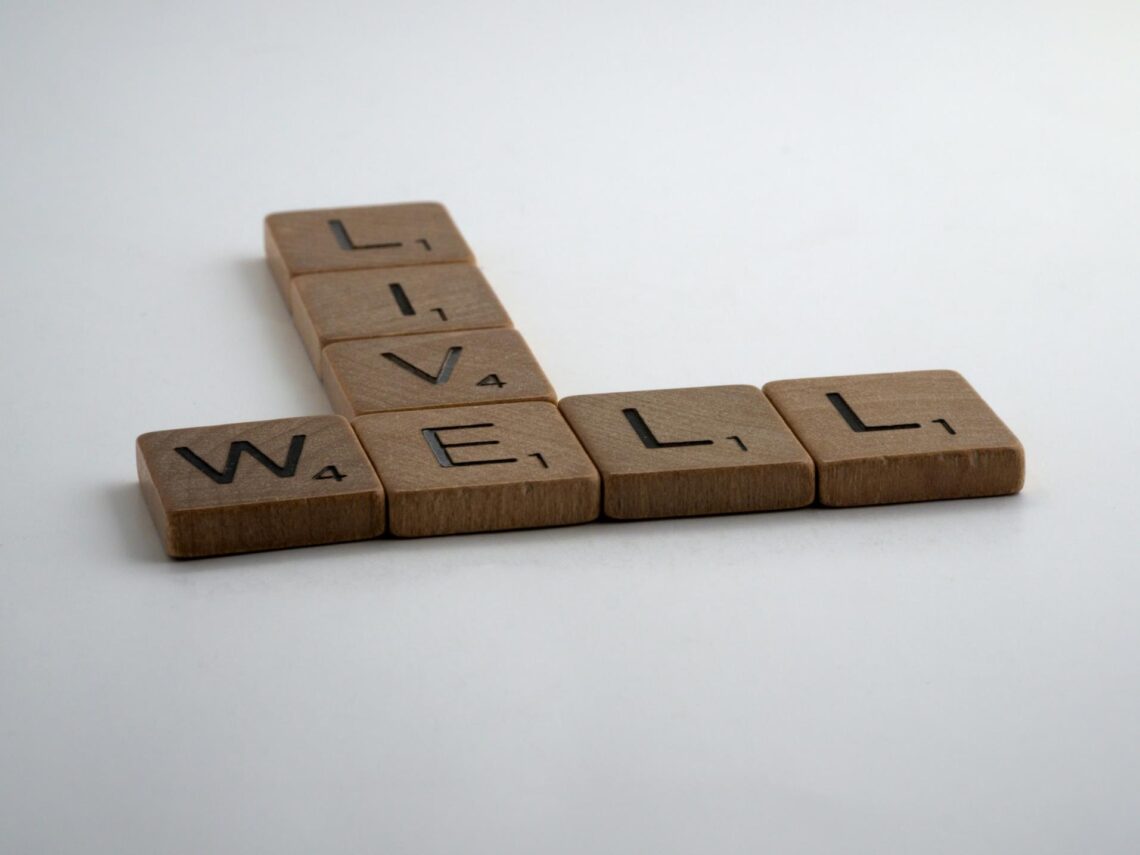If you’re concerned about your bone health, you’re not alone – bone density is a natural part of the aging process, but it’s also something that we can fight against by making smart lifestyle choices.
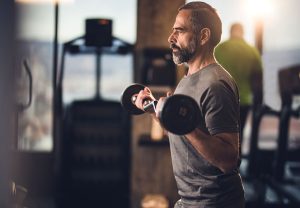
The key to building strong bones is getting enough calcium and vitamin D, doing weight-bearing exercise, and eating a healthy diet rich in fruits and vegetables.
Foods for bone health
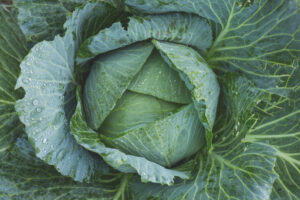
Start building strong bones early in life. The World Health Organization recommends that children should eat calcium-rich foods like dairy products and dark leafy greens (like kale, collard greens, and spinach).
Let’s not forget nutrition is important, when it comes to bone health it is equally as important to eat the right foods that help with your bone health:
- Protein is an important building block for bone health. For example, the amount of protein you eat determines how much calcium your body can take up from food or supplements. It also helps your body absorb more vitamin D, another essential nutrient for strong bones.
- Calcium helps build and maintain strong bones, but experts say that most people don’t get enough in their diet to meet their daily requirements—even if they’re getting other foods rich in calcium like milk and yogurt!
- Vitamin K also helps keep bones strong. This vitamin is found in leafy greens and cruciferous vegetables. A cup of fresh raw spinach will deliver more than enough. So will a generous portion of cooked broccoli or Brussels sprouts.
- Vitamin D is essential for absorbing calcium into the bloodstream so that it can be deposited into bone tissue as needed throughout life (up until age 70). Without sufficient vitamin D stores by adulthood, deficiency may occur later in life when it becomes harder for our bodies to synthesize this substance on its own under normal conditions (i.e., without UV exposure).
When it comes to Calcium, according to an article by Harvard Health quoted the National Osteoporosis Foundation (NOF), recommends that men and women ages 51 and older should consume 1,200 milligrams (mg) of calcium a day. It’s best to get your nutrients from a balanced, nutritious diet.
Most dairy products provide the most concentrated sources of calcium. Types of foods you can also find calcium in tofu, almonds, spinach, kale, broccoli, fortified orange juice, and canned fish that includes soft bones (like sardines and salmon).
In addition, the NOF recommends 800 to 1,000 international units (IU) of vitamin D per day for men and women ages 50 and older. There are only a few good food sources of vitamin D, such as eggs, saltwater fish, and liver. As a result, most people find they need a supplement. Your body will most easily absorb and use the form of vitamin D called cholecalciferol (or vitamin D3), so look for a D3 supplement.
Best exercises for bone health
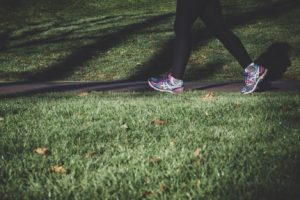
Exercise is an important part of maintaining bone health, as it can help improve bone density and strength, which reduces the risk of fractures in older adults.
Furthermore, for older adults exercise can increase muscle strength and endurance and is recommended as they have a higher risk of falling to prevent weak muscles or balance problems.
In addition to improving overall physical fitness, aerobic exercise can reduce stress levels and improve mood in older people with chronic diseases such as arthritis or diabetes.
When it comes to weight-bearing exercise, it is important for both men and women. It helps build strong bones by increasing the amount of calcium you consume and the amount that your body retains.
The types of weight-bearing exercises I recommend include walking, jogging, hiking, and climbing stairs. Just 30 minutes per day of weight-bearing activity can provide benefits for your bones.
If you are unsure about how much weight-bearing exercise is right for you, talk to your doctor about what he or she recommends based on your health conditions.
Final Thoughts
Whether you’re a child or an adult, it’s never too early to start building strong bones. And if you’ve already passed your prime when it comes to bone growth and mass, there are still ways to protect yourself from osteoporosis in the future.
You begin to stop losing bone as you age, for instance after age 45, the body stops producing new cells to replace old ones—and those old cells start breaking down faster than they can be replaced by exercise or dietary changes alone.
So it’s important not only that younger generations have healthy habits but also that older generations do everything possible not only to maintain their health but improve upon it so they don’t slide into a downward spiral of poor diet choices and lack of physical activity over time—which could lead
them down an unhealthy path toward osteoporosis later on down their journey through life!
It’s never too early to start building strong bones; on the contrary, it’s never too late to stop losing them.
The most important thing is to start early and keep it up.
The benefits of exercise are well-documented and there’s no reason not to get started today. If you have osteoporosis or other bone-related diseases, consult your doctor for medical advice or reach out to me about a Pain Management exercise program that will work for you.
